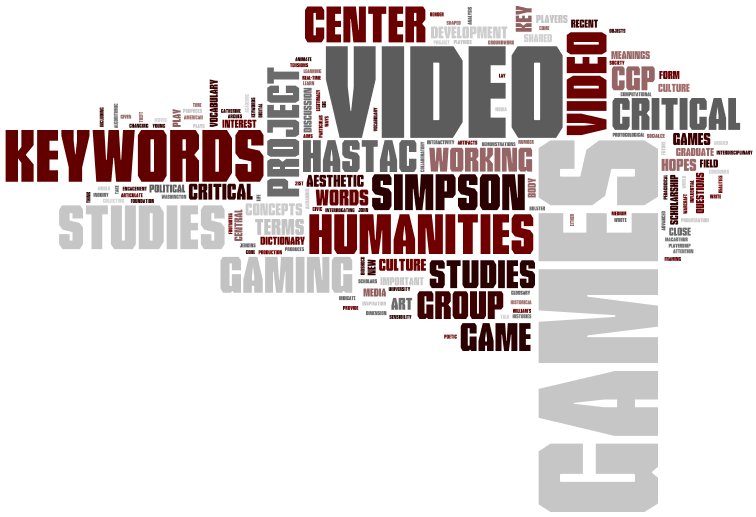Cyber-Culture remains incomplete without the study of digital games. The genre can be simplified into the difference between ‘Narratology’ versus ‘Ludology’.
Narratology is the understanding of the game in terms of narrative structure, agency, characters and plot.1 Janet Murray's Hamlet on the Holodeck narrates; the future of Narrative in Cyberspace is the first medium/book where 'Cyberdrama' has been preached. Stories define how we think, play and understand our lives. Murray discusses the unique properties and pleasures of digital environments and connects them with the traditional satisfaction of narrative.
Ludology on the other hand was coined as a popular expression.2 It denotes the study of the games in general, where Ludus, comes from a Latin word means game, and logos is a Greek word which has many meanings but most appropriately be translated into reasoning, science or also measurement. Thus, it is understood primarily as the scientific measurement of play activity excluding the interpretations of humanities debate about gaming based on scientific understanding of gaming based on experimental data.
Some of the key terms like Agency, Aporia and Epiphany can help further for understandings,
Agency: In an ergodics an action is developed by the player during his/her interaction with the game, and not as a pre-defined sequence of events that cannot be modified. Taken from Action Theory, Brenda Laurel defines agency as “the power to take action” while Murray3 goes further and claims that agency is the feeling that one has an effect in the system.
Aporia & Epiphany: Taking the participation of the player into action, Aarseth advocates a view that the basic structure of any ergodic art form is dialectic between aporia and epiphany. Aarseth, claims that Aporias are NOT ‘semantic gaps that hinder the interpretation of work” but instead “localizable” “roadblocks” that must be overcome by some unknown combination of actions.’ And epiphany is a sudden, unexpected solution to the impasse of the event space. Other importance aspects of this study being Steven Poole's- Videogame Incoherence where he discusses the concepts of Incoherence of Causality, Incoherence of function and Incoherence of Space.1
Some of the common methodologies for studying digital games are as follows: - Richard Bartle's- Four Suits, Erving Goffman's Frame Analysis, Robert A. Stebbins- Serious Leisure and Jonas Heide Smith's Game Theory.
References:
1) Class Presentation by Steven in Uni of Beds (2011).
2) Frasca, G. (1999). LUDOLOGY MEETS NARRATOLOGY: Similitude and differences between (video) games and narrative. [Online]. Available from: http://www.ludology.org/articles/ludology.htm [Accessed: 04-12-2011]
3) Murray, J.H. (1997). Hamlet on the Holodeck: The Future of Narrative in Cyberspace. New York: The Free Pres.
Images Reference:
http://cultureandcommunication.org/tdm/nmrs/fa1/files/2010/11/ludologyfightnight.jpg [Accessed: 04-12-2011]
https://depts.washington.edu/critgame/wordpress/wp-content/uploads/2011/02/keywords_wordle_2.jpg [Accessed: 04-12-2011]
http://mmogsandyourteen.org/pics/diversity_char.gif [Accessed: 04-12-2011]

No comments:
Post a Comment